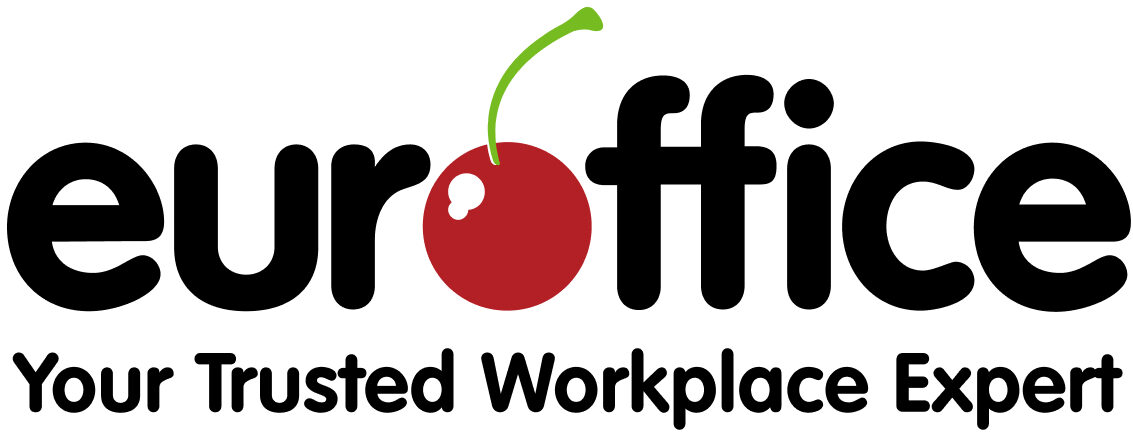Life as an introvert can be tough. We live in a world where being bright and buzzy and social is seen as admirable. From chat shows to social media, sharing how great and amazing we are seems to be the thing to do.
But for those of us that are a bit quieter, who perhaps think a little longer before we speak and prefer to relax with a few close friends than to party with many strangers, hope is not lost.
When it comes to the workplace, maybe the key for introverts is to understand that they’re not competing with extroverts, they’re complementing them.
Extroverts have a way of being in the world – seeking excitement, validation and being energised around large groups of people – that you don’t. But they also won’t have what you have – the ability to sit quietly, to think and analyse and see paths of action that might not be immediately apparent.
Or to think of it another way, introverts invent what extroverts sell.
Don’t stack your meetings
Introverts aren’t shy. They’re not anti-social. They do work well in groups. But they need a break from social contact to recharge their batteries.
Meetings are a fact of life. An office wouldn’t run efficiently unless staff can find time to sit together and discuss projects and progress. However as an introvert, your job is try to manage how many meetings you go to one after the other.
If you can, schedule your meetings so you have plenty of time between them to recover and review. Recover from being in the melee of everyone else trying to prove their point and review said points, so you can spot good and bad ones and come up with a plan of your own.
You can then present this in your next meeting, confident that you have looked at things in depth and that people will take it seriously. If you can share your thoughts in a way that’s fair to everyone, you’ll get credit for good input and be seen as a valuable asset to the team.
Do feel free to be a leader
As an introvert, you’re not only interested in your own ideas but the best ideas. As someone that finds in strength in working alone, you’re not one for office politics or playing games. (Extroverts might get pulled in, just by dint of being so social.)
That means you can step in to help lead meetings and projects for the sake of everyone there, not just furthering your own agenda. You’re good at listening and analysing, so you help people get the best out of themselves and improve the projects you’re working on.
Try to position yourself in the office as someone that can think carefully about an issue, all the while being impartial. This ‘neutrality’ can make you a natural leader – even if you don’t think of yourself as one.
Do tell people to leave you alone
Uh oh, are we suggesting you should be rude? Not at all. Being an introvert, you probably prefer to work – and work better – by yourself. That doesn’t mean you isolate yourself from your co-workers all the time – maybe you say, ‘I’m going to look at this for the next hour, and I’ll catch up with you later.’
In an open plan office it is difficult to cut yourself off from people. But if you make liaising with colleagues a routine they will know that you are not shunning them, and that you will clock in with them regularly. They’ll recognise that when you do catch up you will have something useful to say.
One other option that gives you ‘me time’ in the office is to see if you can work flexi-hours. Pick a mix of hours when you can work alongside colleagues as well as time when you are not so immersed in office life.
Do be an early bird on communication
Extroverts have big personalities and communicate with ease. Introverts may shy away from being ‘on-message‘ all the time. But you can get past this barrier. Instead of waiting to be asked for progress on one of your tasks, for example, take the initiative and tell your line manager, or update colleagues with the essential information.
Ask your team if there is anything they need – by being proactive with your communications you will be seen as being involved, and this will boost their confidence in you as well as your own confidence.
Do think of yourself as a STAR
Instead of branding yourself as ‘just’ an introvert, take a look at the research by psychologist Jonathan Cheek of Wellesley University. He believes there are four different kinds of introversion:
Social: people who prefer small groups or solitude
Thinking: those who live in their own world in a creative way
Anxious: people feeling awkward in company, and lack confidence in social skills
Restrained: reserved, mulling over things before speaking or taking any step
STAR is the acronym for Cheek’s four categories is. His analysis is a more subtle way of looking at what is commonly thought to be introverted behaviour. Cheek’s research could give you clues on how to do the best for yourself and your colleagues in the office.
Try the STAR quiz – do you recognise yourself in one of these categories?



